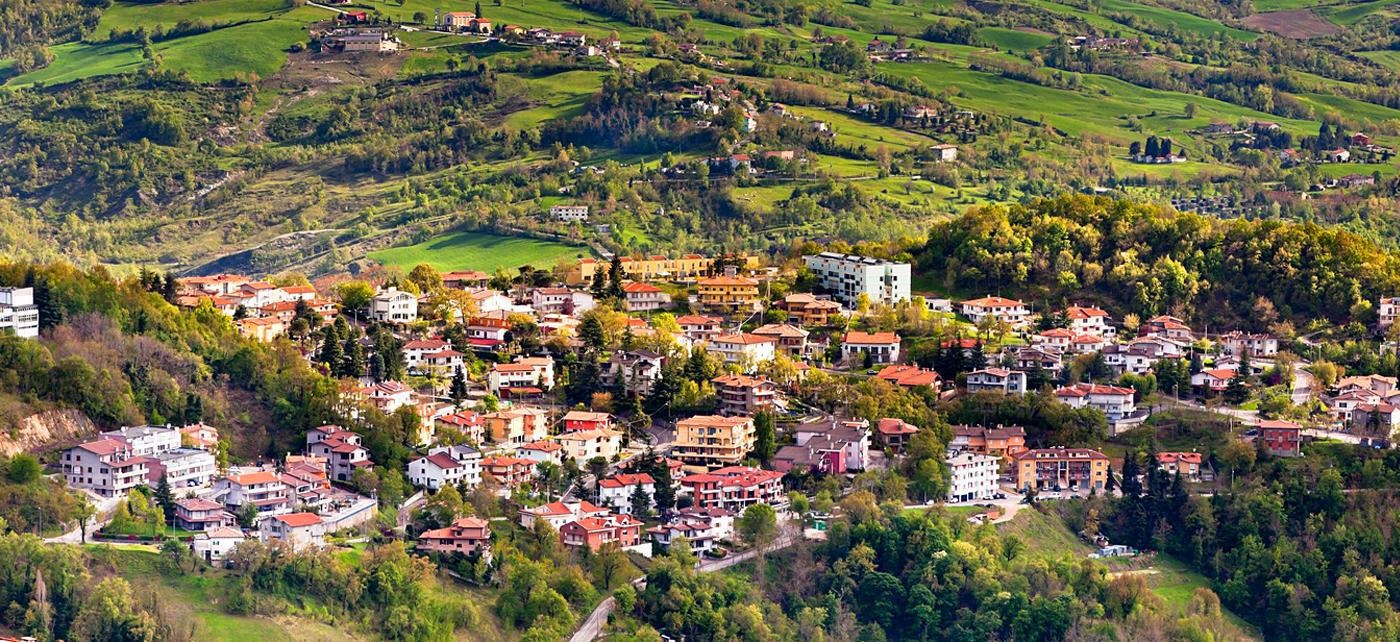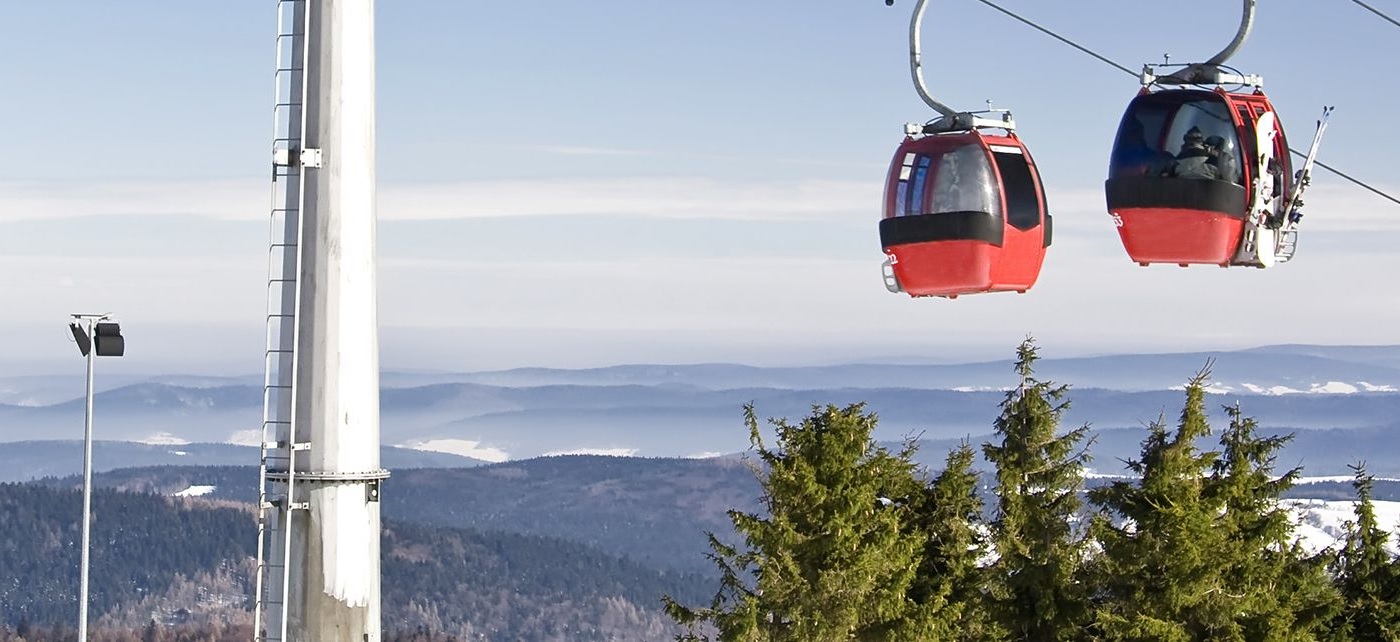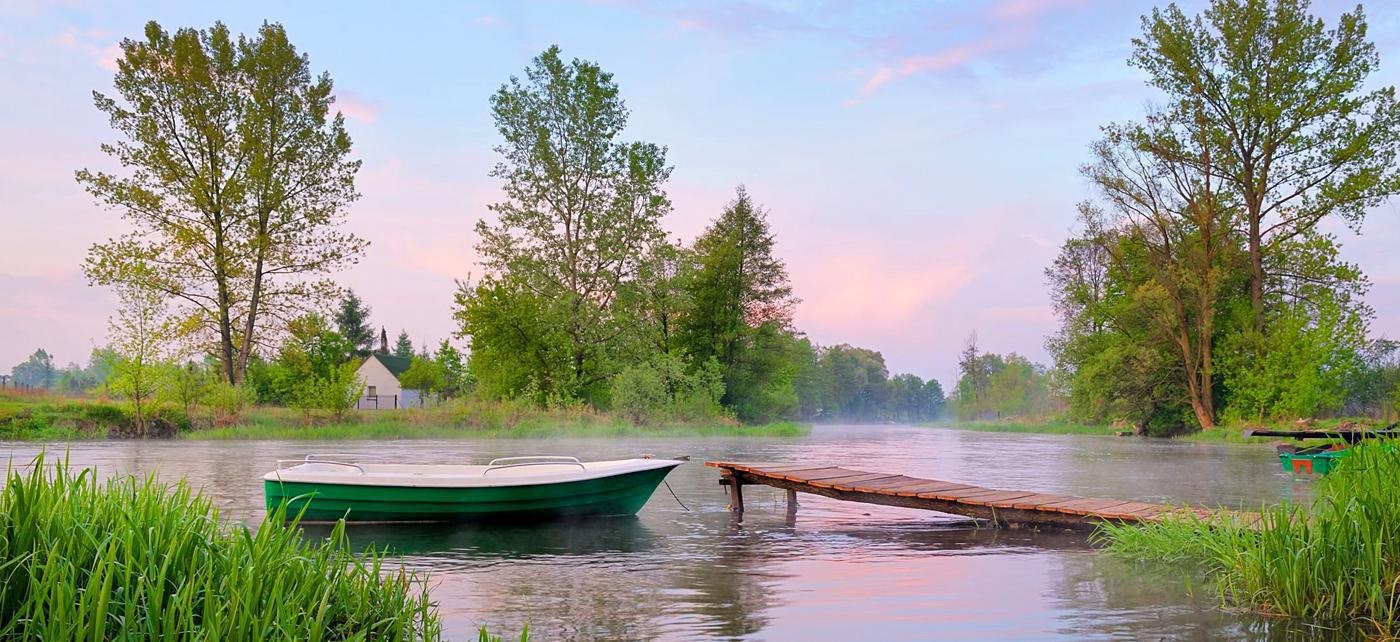Poland, officially the Republic of Poland, is a country in Central Europe bordered by Germany to the west; the Czech Republic and Slovakia to the south; Ukraine, Belarus and Lithuania to the east; and the Baltic Sea and Kaliningrad Oblast, a Russian exclave, to the north. The total area of Poland is 312,679 square kilometers (120,726 sq mi), making it the 69th largest country in the world and the 9th largest in Europe.
Poland has a population of over 38 million people, which makes it the 34th most populous country in the world and the sixth most populous member of the European Union, being its most populous post-communist member. Poland is a unitary state made up of sixteen voivodeships. Poland is a member of the European Union, NATO, the United Nations, the World Trade Organization, and the Organization for Economic Co-operation and Development (OECD). On 1 July 2011, Poland replaced Hungary as the holder of the rotating Presidency of the Council of the European Union.
The establishment of a Polish state is often identified with the adoption of Christianity by its ruler Mieszko I in 966, over the territory similar to that of present-day Poland. The Kingdom of Poland was formed in 1025, and in 1569 it cemented a long association with the Grand Duchy of Lithuania by signing the Union of Lublin, forming the Polish–Lithuanian Commonwealth. The Commonwealth ceased to exist in 1795 as the Polish lands were partitioned among the Kingdom of Prussia, the Russian Empire, and Austria. Poland regained its independence as the Second Polish Republic in 1918.
Two decades later, in September 1939, it was invaded by Nazi Germany and the Soviet Union, triggering World War II. Over six million Polish citizens died in the war. Poland reemerged several years later within the Soviet sphere of influence as the People's Republic in existence until 1989. During the Revolutions of 1989, communist rule was overthrown and soon after, Poland became what is constitutionally known as the "Third Polish Republic". Despite the vast destruction the country experienced in World War II, Poland managed to preserve much of its cultural wealth. Since the end of the communist period, Poland has achieved a "very high" ranking in terms of human development and standard of living.
Poland is a democracy, with a president as a head of state, whose current constitution dates from 1997. The government structure centers on the Council of Ministers, led by a prime minister. The president appoints the cabinet according to the proposals of the prime minister, typically from the majority coalition in the Sejm. The president is elected by popular vote every five years. The current president is Bronisław Komorowski. Komorowski replaced President Lech Kaczynski following an April 10, 2010 air crash which claimed the life of President Kaczynski, his wife, and 94 other people, during a visit to western Russia for events marking the 70th anniversary of the Katyn massacre. The current Prime Minister, Donald Tusk, was appointed in 2007 after his party made significant gains in that year's parliamentary elections.
Polish cuisine has influenced the uisines of its surrounding countries. For centuries the Polish kitchen has been the arena for competing with France and Italy. It is rich in meat, especially chicken and pork, and winter vegetables, and spices, as well as different kinds of pasta the most notable of which are the pierogi. Polish national cuisine shares some similarities with other Central European and Eastern European traditions. Generally speaking, Polish cuisine is hearty. The preparation of traditional cuisine generally is time intensive and Poles allow themselves a generous amount of time to prepare and enjoy their festive meals, with some meals (like Christmas Eve or Easter breakfast) taking a number of days to prepare in their entirety. It is worth noting that most regions of Poland have their own local gastronomic traditions and distinctive flavors.


